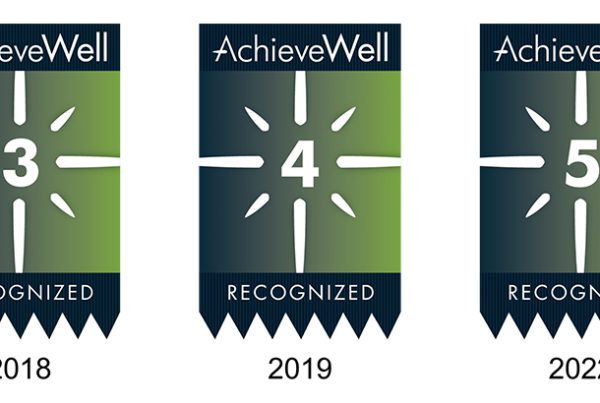
How to take better care of yourself
In the past year “Self-Care” has been a buzzword for people who have stress and anxiety from pandemic-related issues. Self-care describes a conscious act one takes in order to promote their own physical, mental, and emotional health. Unfortunately, however, many people view self-care as a luxury, rather than a priority – especially among people with busy schedules who may feel guilty taking extra time for themselves. Consequently, they’re left feeling overwhelmed, tired, and ill-equipped to handle life’s inevitable challenges.
Self-care comes in many forms and is much easier to practice than many people may think such as getting enough sleep at night or even just stepping outside for a few minutes for some fresh air. Continue reading for helpful tips on how you can best practice self-care in a way that will benefit your overall wellbeing.
|
What it means to practice self-care: |
What self-care does not include: | |
|
|
|
|
|
|
|
|
|
15 Examples of Self-Care Practices
- Getting an adequate amount of sleep every night.
- Move your body and exercise daily to boost your mood and reduce stress.
- Learn to say no.
- Take a weekend away which can help you disconnect, relax, and be rejuvenated.
- Spend more time outside to increase your happiness and sleep better.
- Get organized – for example, using a planner can help declutter your mind and reduce stress.
- Cook for yourself more often.
- Read a book. (self-care books can be extremely helpful)
- Listen to your favorite music to reduce heightened emotions like anger or stress.
- Meditate for 5 minutes.
- Take a relaxing bath or do a facemask.
- Write down 5 things you’re grateful for.
- Be mindful of what you are eating and choose healthy food to nourish your body and mind.
- Dance to your favorite song.
- Reach out to a friend or family member.
Self-care can be very individual. What works for one person may not work for another. That 20-minute stroll in nature that quiets your mind may be anxiety-producing for others. Practice and experiment to find what works for you. You can also read about self-care strategies, join self-care programs, work with a coach or therapist who can help support your progress, or try out this 30-day Self-Care Challenge. No matter which approach you choose, the goal is to figure out which self-care strategies work best for you, learn how to use these strategies, and implement them in your regular routine so you can boost your well-being not only today but forever.
Be healthy, be well and be good to yourself.








